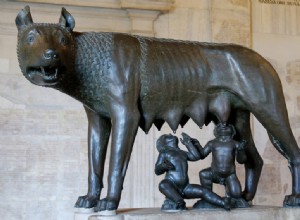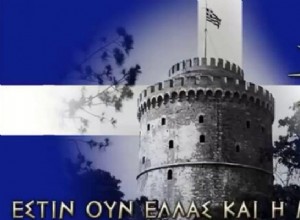TOWARDS 753 B.C. AD Foundation of the city of Rome: Originally, the city of Rome is just a small farming village on the banks of a river, the Tiber. Over time, new villages are born and eventually form a city. Rome is ruled by kings. The legend of Remus and Romulus: The city of Rome was founded by




